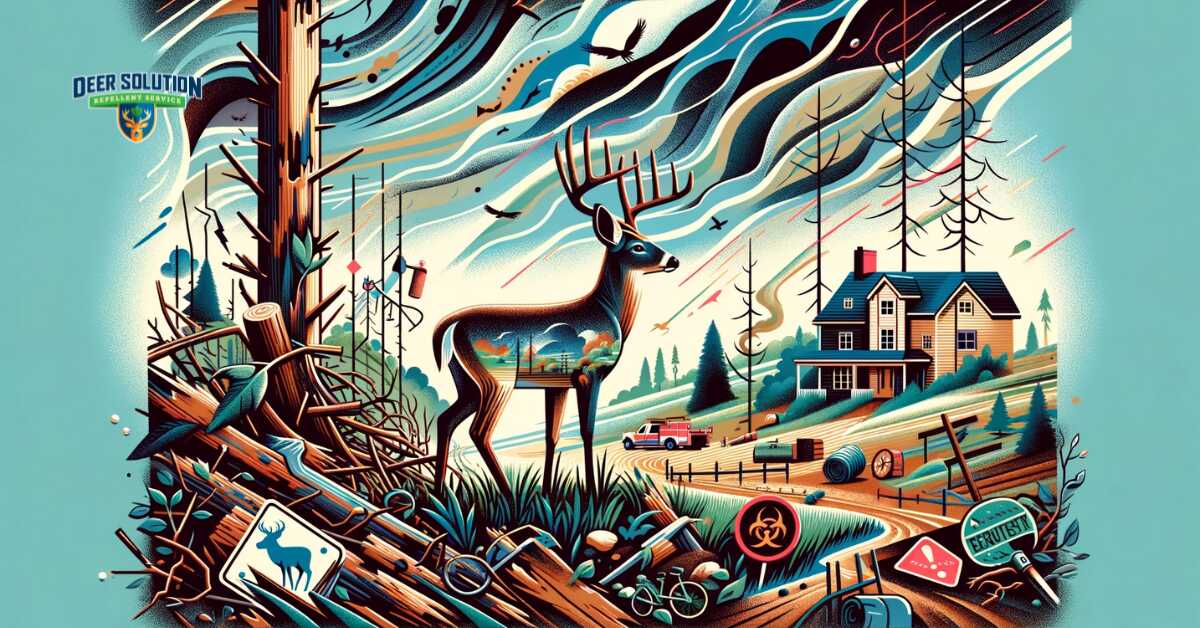Richmond County, NY, is currently grappling with a significant challenge posed by deer overpopulation. This issue manifests in various aspects, including increased vehicle accidents, ecological concerns, and agricultural impacts.
Deer-Related Vehicle Accidents: A Growing Safety Concern
The New York State Department of Motor Vehicles (DMV) and the Department of Environmental Conservation (DEC) have highlighted the increased risk of crashes involving deer, particularly during their mating season from October to December. Deer are more active during these months, frequently entering roadways and causing accidents.
These incidents are not only hazardous for drivers but also lead to considerable financial costs related to vehicle repairs and other related expenses.
Ecological Threat: EHD Virus Outbreaks
Epizootic Hemorrhagic Disease (EHD) outbreaks among the deer population have emerged as a significant ecological concern. EHD, transmitted by biting midges, is fatal to deer, typically resulting in death within 36 hours of infection.
Recent years have seen more prevalent outbreaks, causing considerable deer mortality in affected areas. While EHD does not pose a direct threat to humans, it impacts local deer populations and indirectly affects ecological balance and biodiversity.
Impact on Agriculture and Environment
Deer overpopulation in Richmond County has a notable impact on agriculture and the environment. Deer feeding on crops and vegetation leads to substantial agricultural damage, affecting farmers’ livelihoods and the local economy.
Moreover, overgrazing disrupts the ecological balance, affecting forest regeneration and plant species survival, and altering habitats, and food chains.
Richmond County’s deer overpopulation issue underscores the need for effective wildlife management strategies that consider ecological health, public safety, and agricultural interests.
The challenge is complex and requires a multi-faceted approach to ensure a balanced ecological system and the safety and well-being of the community.







